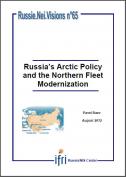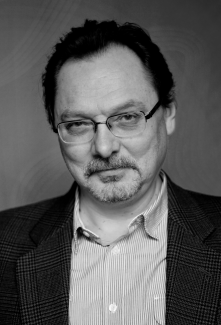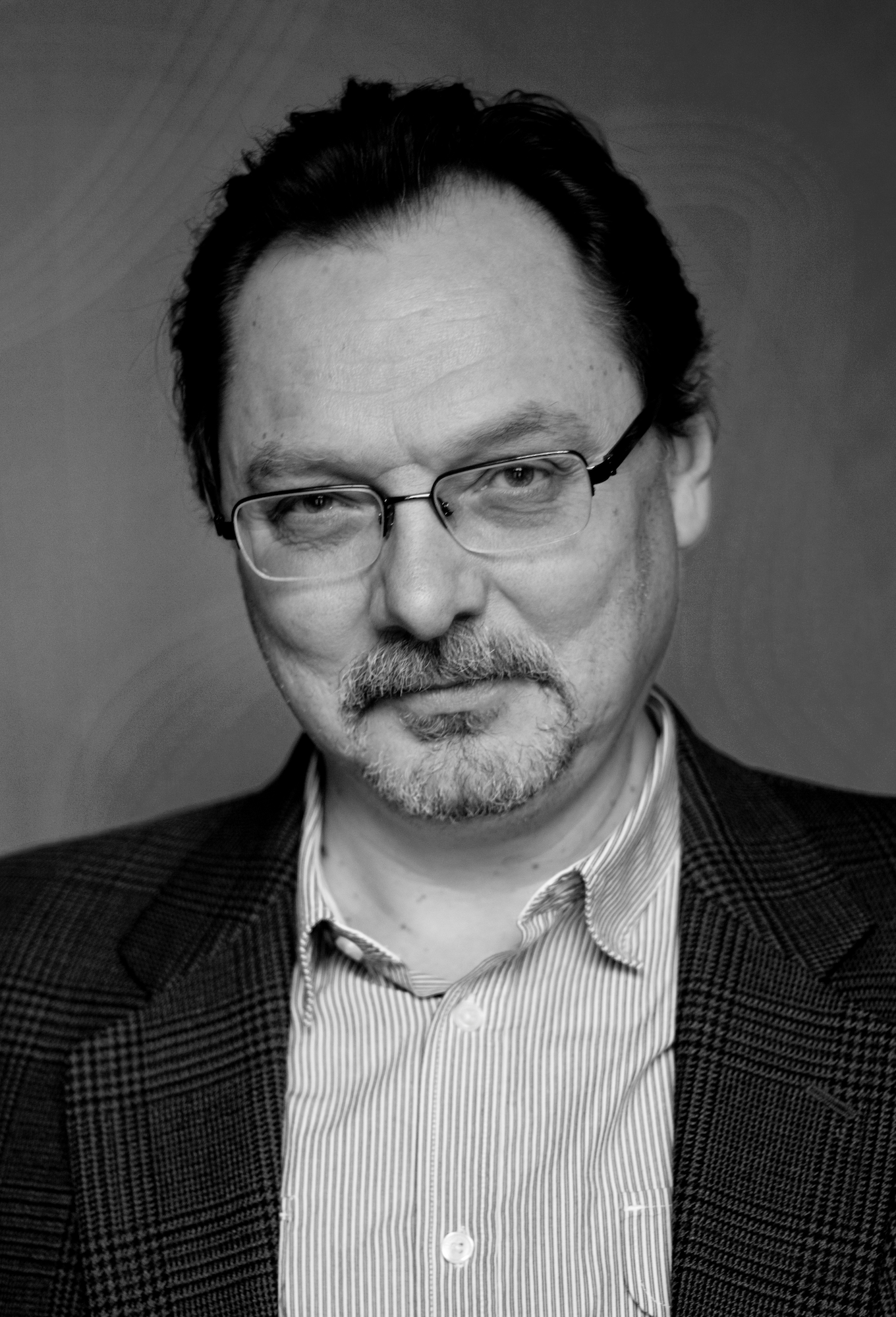Russia's Arctic Policy and the Northern Fleet Modernization

The interplay of the foreign, domestic and military dimensions of Russia's Arctic policy is characterized by peculiar incompatibilities. The position of power secured by the military superiority and ambitious modernization of strategic forces is supposed to grant Moscow strong influence and tangible advantages in the Arctic relations.
In fact, military build-up generates suspicions among neighbors in the Arctic and has prompted them to urge NATO to pay more attention to the former “Northern flank”. The heavy concentration of naval units and military-industrial enterprises in the Murmansk and Arkhangelsk regions is supposed to make them into a solid support base for the regime of president Vladimir Putin, while in reality problems with Armed Forces reform have produced discontent in the ranks and problems with financing the shipbuilding program lead to social tensions.
The official talk about expanding Arctic cooperation and opening the Northern Sea Route is increasingly met with disbelief in North-Western Russia, where any protest acquires “strategic” importance due to high attention from the Nordic neighbors and implicit involvement of, or impact upon the Northern Fleet.
Download the full analysis
This page contains only a summary of our work. If you would like to have access to all the information from our research on the subject, you can download the full version in PDF format.
Russia's Arctic Policy and the Northern Fleet Modernization
Related centers and programs
Discover our other research centers and programsFind out more
Discover all our analysesRussia, the Palestinians and Gaza: Adjustments after October 7th
The Soviet Union (USSR), and subsequently the Russian Federation as its internationally recognized legal successor, has consistently sought to play a visible role in efforts to resolve the Israeli-Palestinian conflict.
Deathonomics: The Social, Political, and Economic Costs of War in Russia
The report attempts to outline and examine a truly new phenomenon in Russian society, dubbed “deathonomics”—the making of a mercenary army against the backdrop of the Kremlin’s war in Ukraine, eventually replacing both the Soviet (conscript) and early new Russian (contract) armies. It notes that, by the end of 2023, this trend had turned the military service into one of the highest-paying professions in the country, something not seen in Russia on such a scale since the late 17th century.
Russia's Asia Strategy: Bolstering the Eagle's Eastern Wing
Among Russia’s strategic priorities, Asia traditionally played a secondary role compared to the West. In the mid-1990s, then Foreign Minister Yevgeny Primakov initiated a rapprochement with China and India. Then, in 2014, deteriorating relations between Russia and the West prompted Moscow to begin its “great pivot to the East”.
Kazakhstan After the Double Shock of 2022: Political, Economic and Military Consequences
The year 2022 represented a dual shock for Kazakhstan. In January, the country faced its most severe political crisis since independence, followed in February by Russia’s full-scale invasion of Ukraine, which cast uncertainty over the borders of post-Soviet states. These consecutive crises profoundly shaped Kazakhstan’s domestic and foreign policy.













